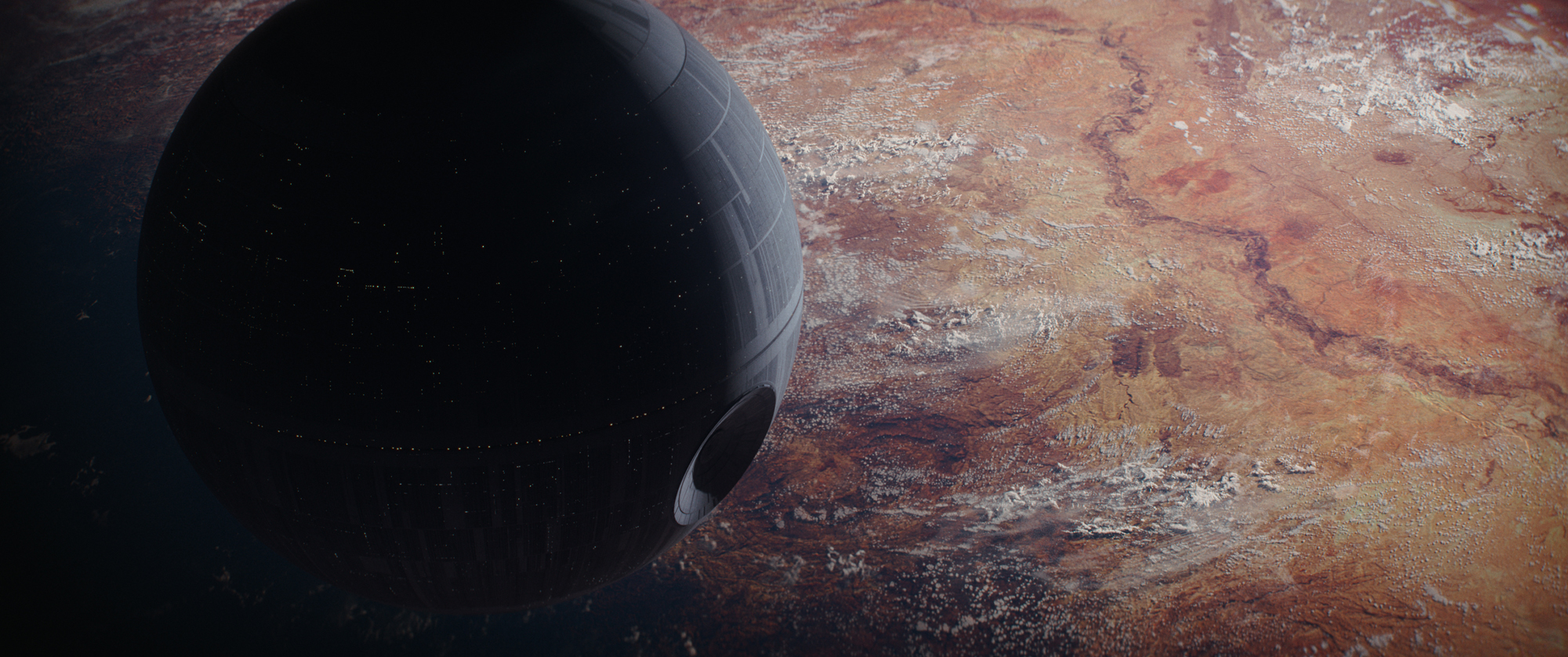
One of the most infamous weapons in science-fiction movie history is the Death Star, a moon-size planet destroyer from the "Star Wars" universe. In the upcoming movie "Rogue One: A Star Wars Story," a band of renegades tries to steal the plans for the Death Star from the evil Empire, in order to ultimately destroy the spherical death machine....MORE
Does the Death Star lie completely in the realm of fiction, or could such a thing ever be constructed in real life? In 2012, more than 25,000 people signed a petition asking the U.S. government to construct its own Death Star. The White House (as it is bound to do when petitions receive a certain number of signatures) considered the application and penned a discouraging but tongue-in-cheek response — among the concerns cited in the rejection letter were the cost of such a project, and the fact that a single, small spacecraft was apparently enough to destroy it (a significant flaw for such a massive project).
But it turns out that the biggest obstacles aren't just money or rebel spacecraft, but physics. Here are some opinions from experts Space.com consulted on why it would or would not be possible to build a real Death Star. [Rogue One: A Star Wars Story in Pictures]
If constructing the International Space Station was hard, the Death Star's complications dwarf that. Pyle says estimates indicate it would take 830,000 years of Earth's current steel output to create enough metal for the hull of the superstructure alone.
Previously:
Oct. 2013
"Why we should actually build the Death Star"
No mention of "The Theory of Interstellar Trade" (Krugman 1978) which work led to the Nobel prize winning New Trade Theory and New Economic Geography but not to New Keynesianism.
Further, TTIT was the precursor to Krugman's more important Alien Invasion Hypothesis.
The writer, John Aziz, is usually on top of these things.
From The Week's Idea Factory:...